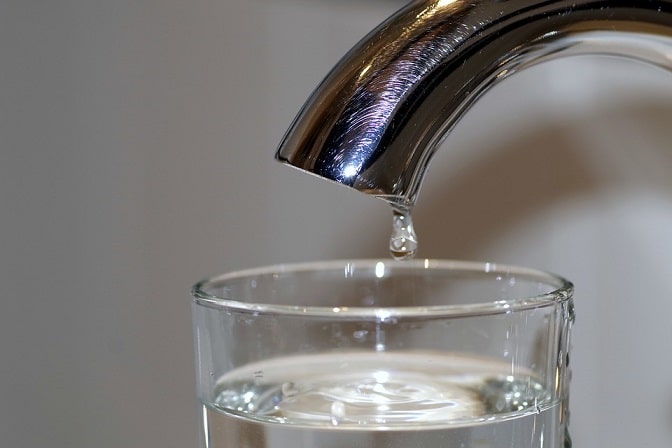The Sustainable Development Goals (SDGs) call for ending open defecation and achieving universal and equitable access to basic services by 2030 in an attempt to decrease global inequalities.
Even though many advances have been made, there are still approximately 2.1 billion people who do not have safely managed water, and of these, a massive 844 million do not have even a basic drinking water service.
Around 263 million individuals, mainly women and children, still have to spend more than 30 minutes per day collecting water from sources far from their homes, and 159 million still drink untreated water from surface water sources, such as rivers or lakes.
Progress towards hygienic sanitation is also behind schedule, and 90 countries are set to not reach universal coverage by 2030. Around 4.5 billion people still do not have safely managed sanitation, and there are still around 892 million people, mostly in rural areas, who have to defecate in the open.
According to statistics collected by the WHO/UNICEF Joint Monitoring Programme (JMP), the amount of people who have access to soap and clean water for handwashing varies vastly in the 70 countries where data is available; from 15 % of the population in sub-Saharan Africa to 76 % in western Asia and northern Africa.
According to the latest report:
- Many countries lack data on the quality of water and sanitation services. The report includes estimates for 96 countries on safely managed drinking water and 84 countries on safely managed sanitation.
- In countries experiencing conflict or unrest, children are 4 times less likely to use basic water services, and 2 times less likely to use basic sanitation services than children in other countries.
- There are big gaps in service between urban and rural areas. Two out of three people with safely managed drinking water and three out of five people with safely managed sanitation services live in urban areas. Of the 161 million people using untreated surface water (from lakes, rivers or irrigation channels), 150 million live in rural areas.
Get water coolers and water cooler accessories from Living-Water.






